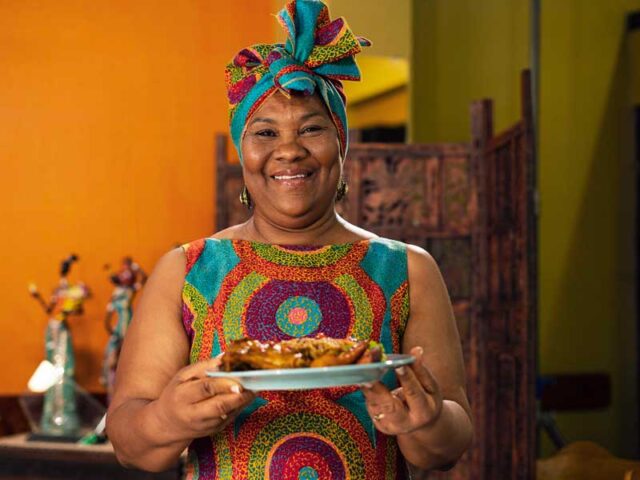The Afro-Caribbean heritage in Costa Rica is a vibrant and significant aspect of the country’s cultural fabric. Descendants of African slaves brought to the Caribbean coast during the colonial era, this community has made immense contributions to the diversity and richness of Costa Rican culture. From their language, music, dance, and cuisine, the Afro-Caribbean people have left an indelible mark on the nation.
The history of Afro-Caribbean presence in Costa Rica dates back to the 19th century when they were brought to the region to work on banana plantations and in the construction of railroads. Despite facing hardship and discrimination, they managed to preserve their cultural identity, creating a unique blend of African, Caribbean, and Costa Rican influences.
Creole language
One notable aspect of the Afro-Caribbean heritage is the Creole language known as Mekatelyu or Limonese Creole English. This language is a mix of English, Spanish, African languages, and other Caribbean dialects. It is still spoken by many Afro-Caribbean communities in the Limón Province, and it serves as a powerful symbol of their cultural resilience.

Music
Music is another significant element of Afro-Caribbean heritage in Costa Rica. The rhythms of calypso, reggae, and soca pulsate through the streets and festivals, captivating locals and tourists alike. The vibrant beats and lyrics often reflect themes of social justice, cultural pride, and celebration. The famous annual festival, Carnaval de Limón, showcases the diverse music and dance traditions of the Afro-Caribbean community, attracting thousands of visitors from around the country.
Dance
Dance is an integral part of the Afro-Caribbean culture in Costa Rica, with the Limón area being particularly renowned for its unique dance styles. One of the most popular dances is “punta,” characterized by fast-paced movements, hip isolations, and intricate footwork. This lively dance showcases the Afro-Caribbean community’s energy, passion, and joie de vivre.
Cuisine
Afro-Caribbean cuisine has also left an indelible mark on Costa Rican gastronomy. Traditional dishes such as rice and beans, coconut-based stews, and seafood delicacies highlight the fusion of African, Caribbean, and local ingredients. The tantalizing flavors of these dishes provide a culinary journey that reflects the Afro-Caribbean community’s ancestral roots.
Beyond their cultural contributions, the Afro-Caribbean community has played a crucial role in shaping Costa Rica’s social and political landscape. Prominent Afro-Caribbean leaders have fought for civil rights and equality, breaking down barriers and advocating for representation.
The Afro-Caribbean heritage in Costa Rica represents a vibrant and vital part of the nation’s cultural mosaic. Through their language, music, dance, cuisine, and activism, the Afro-Caribbean community has showcased its resilience, creativity, and passion. Their contributions have enriched Costa Rican society, fostering diversity, understanding, and celebration of their unique cultural heritage.

For those who have experienced shifts in consciousness and know that more peace, joy, and love awaits in a better living environment. A bold shared vision. A living community and hub for innovation. A sustainable ecosystem for living and working. A model for the new future.
